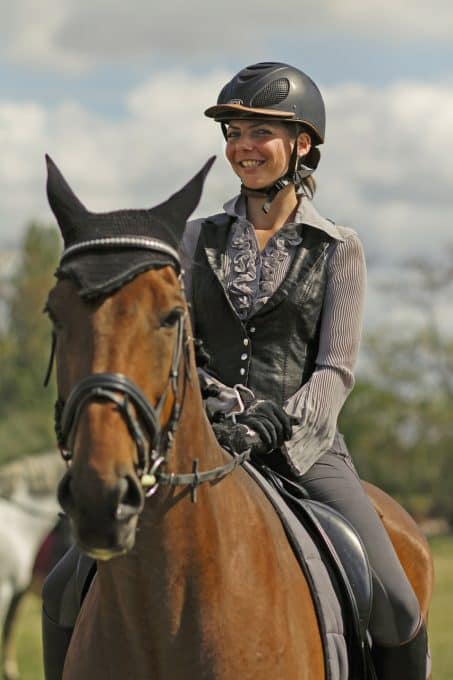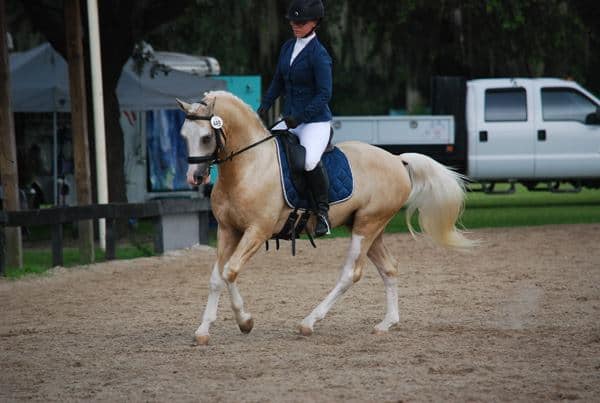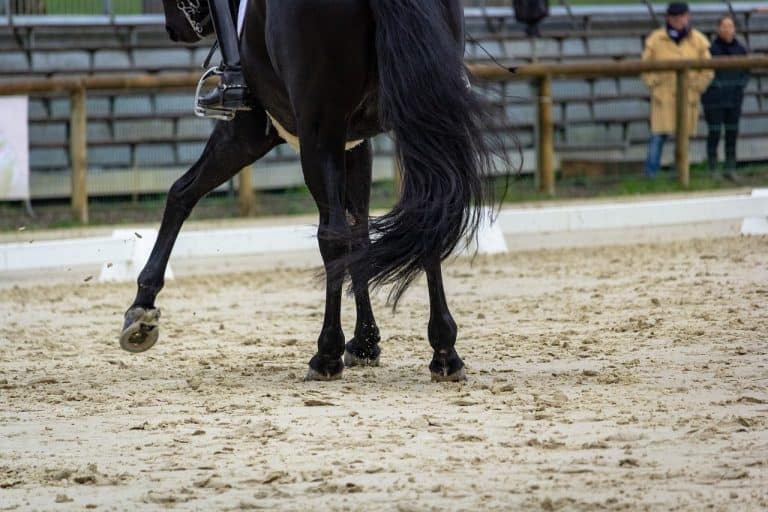Purchasing a Horse without a Professional
There are so many factors to consider when purchasing a horse, the horse’s age, temperament, size, experience, show record, personality, your riding style and its future purpose. The equine industry unfortunately is also known for “horse traders”. Like snake oil salesmen of the 1800s, horse traders have earned their reputation. And this is what makes buying a horse without a trusted professional scary and sometimes dangerous.
Not all people in the horse industry are dishonest. In fact, most of the horse people I know are extremely honest and want what is best for the horse. They also know that selling you a horse that is not right for you is not good for the horse. But we all know it only takes one bad apple. A dishonest horse trader can cost you a lot of money. It is always easier to buy a horse than sell a horse. And if it turns out that you are unable to ride your new horse, you will end up paying someone else to ride and train it until you can sell it. If you can sell it.
Most horse professionals will help you find a horse or pony that is suitable for you or your children. Some will add their commission onto the price of the horse, and some will charge you a flat fee. It is important that you know this when you start looking at horses and factor this into your budget. But please know that what you pay an honest professional is money well spent.
It is best to ask your trainer to help with finding you a horse. Your trainer will know how you ride, what your weaknesses are, how you handle stress, and what your goals are. These are all things to consider when purchasing the “right” horse. It is important to find a horse that is suitable for you now. One that is safe for you to learn on and has the potential to help you meet your goals. When looking for a horse or pony for a beginner safety must come first. Purchasing a horse or pony that your child will grow up with or grow into usually results in a scared child who no longer wants to ride.
In addition to knowing you, most professionals have purchased horses and are aware of the ins and outs of the process. So, their advice is based on experience as a buyer and as a seller. It is not just about knowing you. It is also about knowing which “horse traders” you can trust and the questions that need to be asked. Many horse professionals have a trusted network where they will be able to find a suitable horse or pony.
Each professional is coming to have their way of starting the process. When my students are ready to start looking at horses the first thing we do is to ride every horse on the farm. Whether or not the horse is for sale. Especially if they are not for sale. We can have a lesson on that horse and talk about what aspects of the horse would be good for my students and what would not be good for them. For example, I have an adult amateur who is ready to purchase a horse. She has been riding for a couple of years, she knows she wants to ride and compete in dressage. And I know that she is tight, analytical, and overly focused. So I put her on another lesson horse, a mare, that has been shown through fourth level but this mare is a cribber so the horse has anxiety. I knew it would not be a good match, but I wanted my student to feel what an anxious horse feels like. And I wanted her to be honest with herself. At the end of the lesson, my student identified why she would not be a good match for this horse without me even saying it. This process helps to narrow down the list of horses we will look at.
As a trainer who has been in business for a long time, I know many other professionals willing to send a horse on trial to my place. This is the best scenario because you would be able to try the horse in a new environment and ride the horse for several days. Observing the horse on the first day it gets to the farm gives us an idea of what the horse is going to be like at a horse show. If showing is your goal, this would be very important. In addition, we can have our vet, from SpringHill Equine come over and do a pre-purchase.
Most people should not go horse shopping by themselves. A horseperson looking at horses by themselves is like the rest of the world looking at puppies. They are all beautiful and perfect, and we get lost in the fantasy of what they can be. How many times have you purchased the “perfect dress” just to have your best friend ask: “What were you thinking?” Involving a professional who understands you and your goals will help ensure you get the horse of your dreams.
I have a friend who knows a lot about horses, we grew up together. However, she likes to go horse shopping alone. And as a result, she has come home with some lovely horses that were not suited for her. She has a great eye for a horse, but she forgets about her limitations and her goals. She wants to ride and compete in the dressage ring. But one time she came home with a jumper, “who had become sour” and stopped jumping. She was not looking for a project horse. But that is what she brought home.
I had a client who, in an effort to save money, purchased a horse without help. At the time of the purchase, their daughter was starting to canter, too early in my opinion to buy a horse. They found a horse on the internet, that was being sold as “beginner-safe, with a history of fox hunting”. They paid a large sum of money for the horse. They did a prepurchase and had the horse shipped halfway across the country. Only to find out it was green broke at best. Yes, the horse was quiet, didn’t bolt, and didn’t spook at much. But he didn’t know much either and didn’t pay attention to his job. And could not jump to save his life. Unfortunately, the daughter wanted to show in the local hunter jumper shows. The horse was a draft cross with lots of knee action, so even if we trained him to jump he was not going to do well in any hunter ring.
A horse professional can also help you understand what to expect after the purchase. You must understand what you are getting into. Horses become part of your family just like dogs and cats. But they are way more expensive. And they tend to need vet care when you least expect it. I would advise anyone looking at horses to talk to the barn manager where you plan to keep your horse. Get a list of all monthly expenses you will need to cover (board, farrier, specialty hay, deworming). Will you be responsible for scheduling and handling your horse during vet visits? Will you be responsible for scheduling and handling monthly farrier visits? This is included in the board at my barn, but specialty hay and supplements are not and those expenses can add up quickly.
Also, contact the vet you are planning to use. Discuss what your vet thinks you should do in the pre-purchase exam if they are not doing the exam for you. Have your vet ready to look at the results of the pre-purchase exam if it is performed by someone else. Talk to your vet about what they feel is an appropriate health program for your horse and how much that will cost. At my barn, all boarders are required to use the same vet. Our vet has several wellness programs that are wonderful for budgeting and help to make sure that all your horse’s medical needs are taken care of. This makes everyone’s life simpler. Our vet keeps track of what all the horses need as far as vaccines, and dentals. Owners don’t need to schedule this or track it.
Hiring a professional to help you find a horse is going to save you a lot of time and money. A professional who is experienced in the discipline of your choice will have the contacts to find you a horse. And they can educate you during the process. If you are an experienced horse person looking for your next partner, it is still beneficial to have someone help you.




